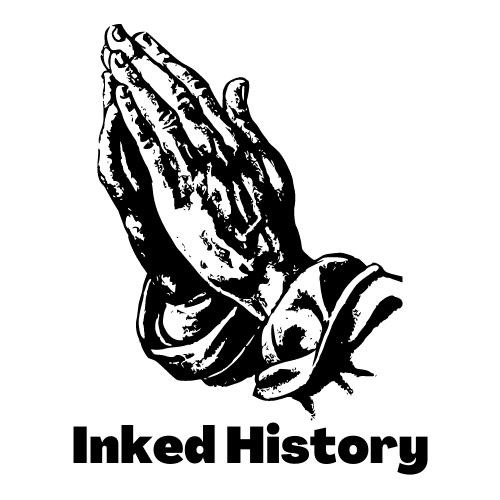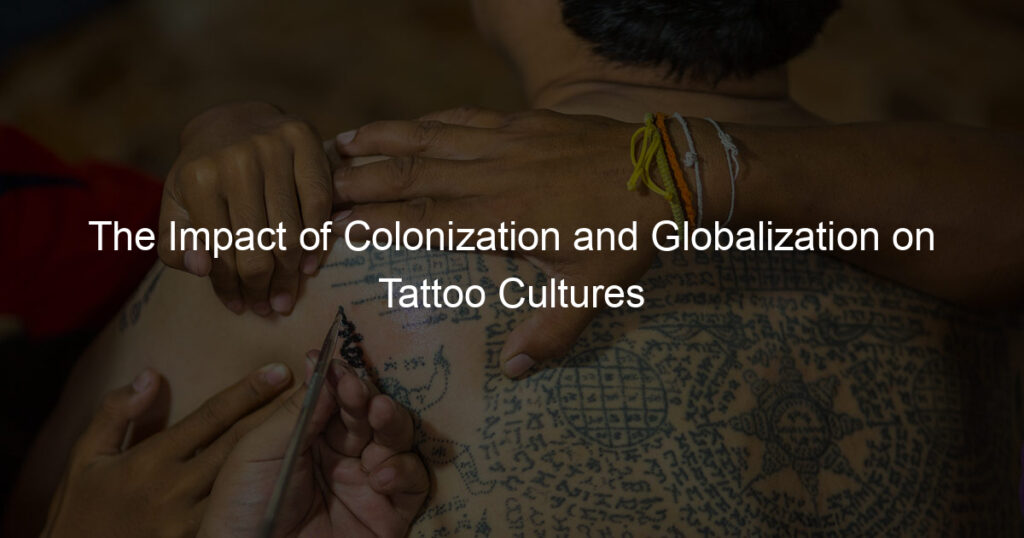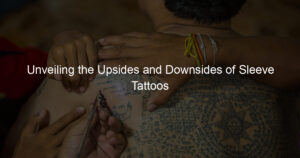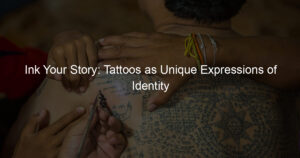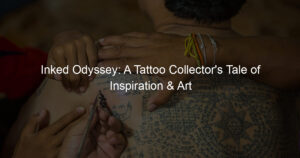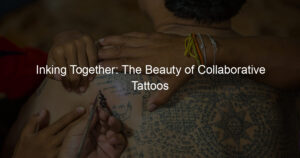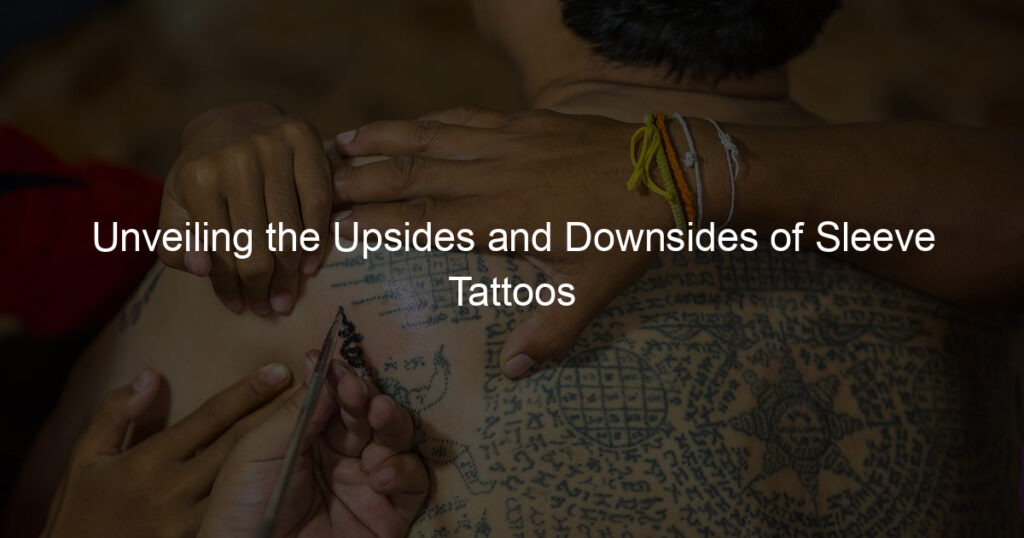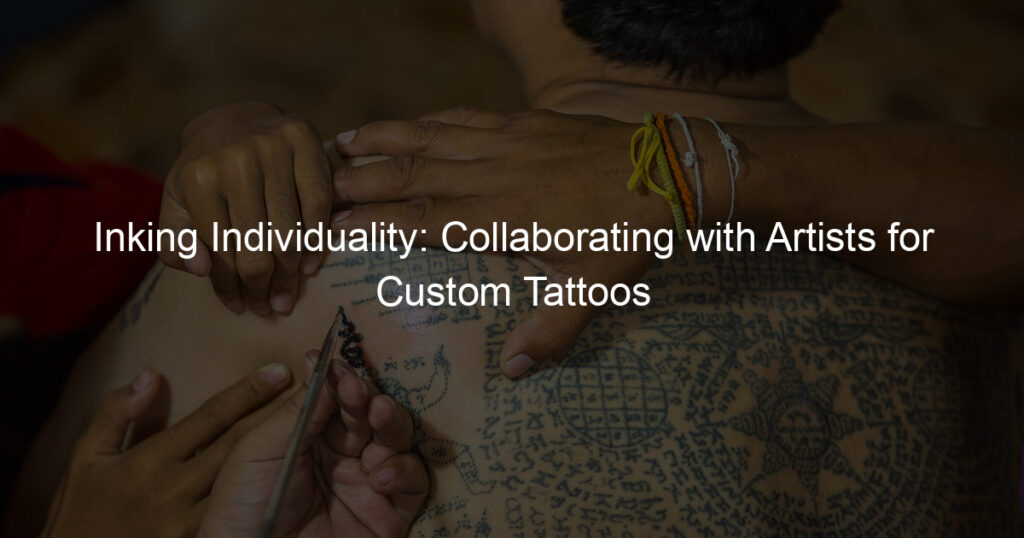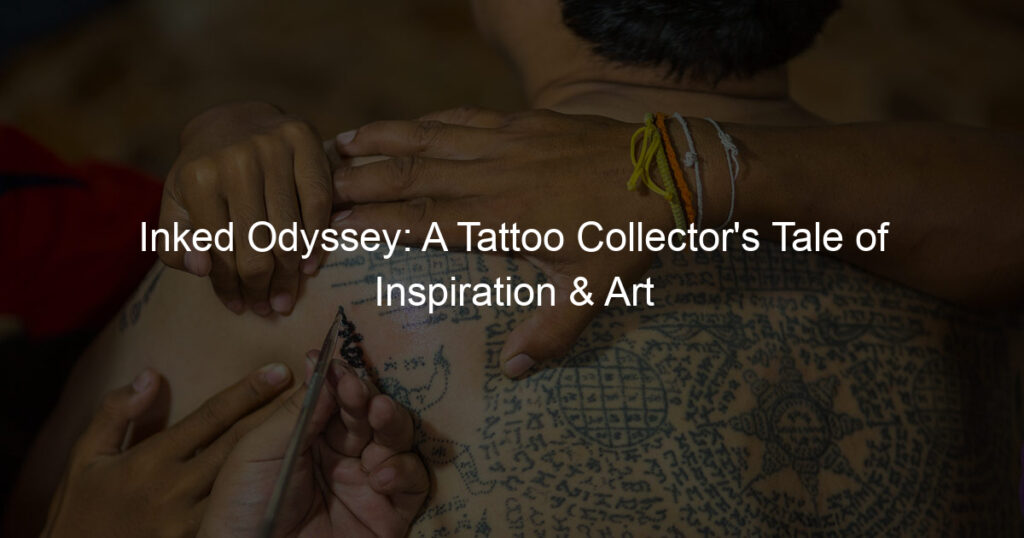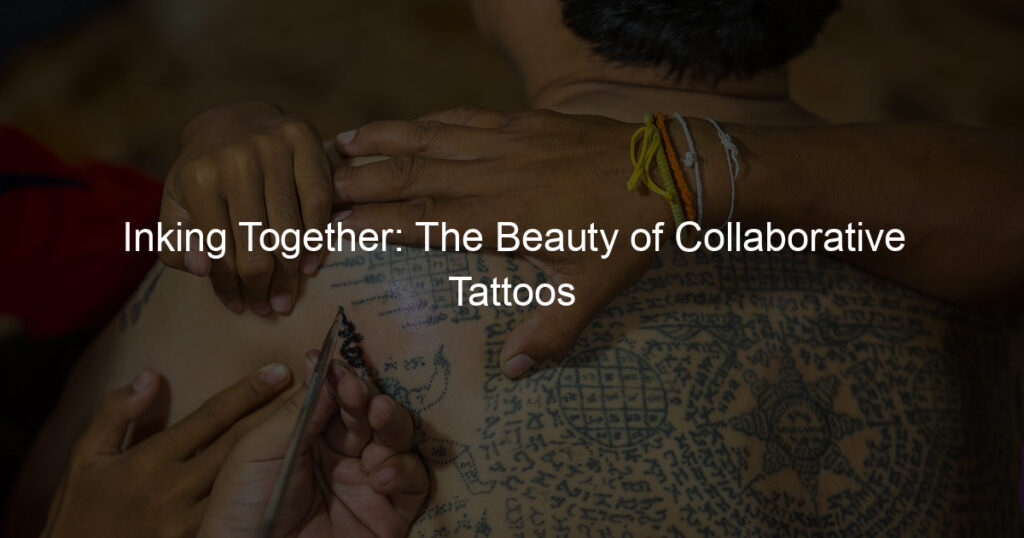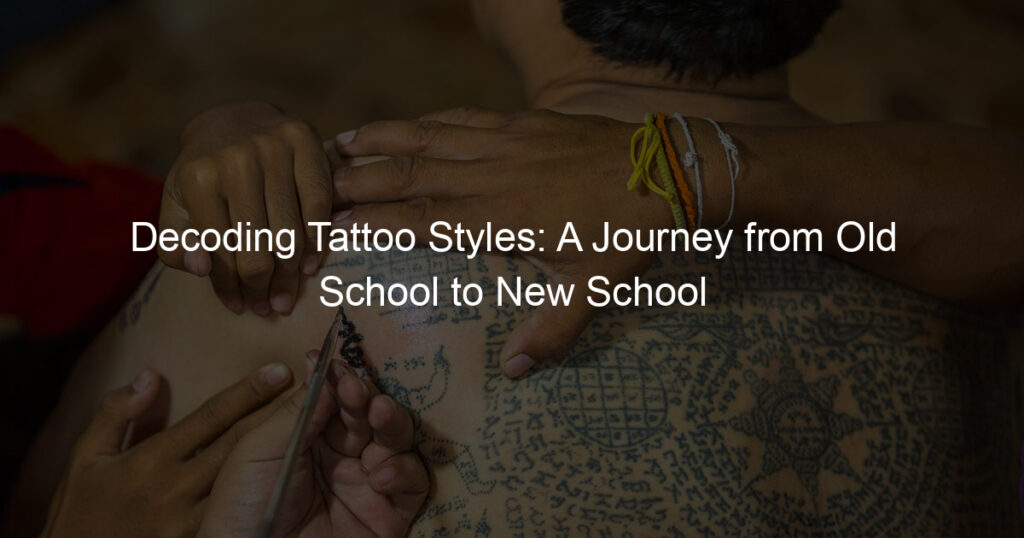Tattoos are a global phenomenon with a long and complex history. They have been used as a form of communication, adornment, and expression for centuries.
But the last hundred years or so have seen a major shift in how tattoos are perceived and practiced around the world.
The impact of colonization and globalization has had a profound effect on tattoo cultures, both good and bad. In this blog post, we’ll take a look at some of the ways these external forces have changed tattooing traditions forever.
Whether you’re an avid fan of body art or simply curious about its origins, this is sure to be an enlightening read! So sit back, relax, and let’s explore the fascinating world of tattoos together.
How does globalization impact the culture around the world?
Globalization has been a pervasive force for decades, and its impacts on culture can be seen in almost every corner of the globe.
From the widespread acceptance of English as a common language to the spread of popular musical artists and film franchises, globalization has undoubtedly played an important role in how cultures interact with one another.
It has created the potential to share stories and experiences while bridging gaps between people of different backgrounds, allowing individuals to explore diverse worlds with ease.
On an economic level, it has enabled nations to be more reliant upon one another and fostered connections through trade that never would have existed otherwise.
Ultimately, globalization has provided us with an unprecedented opportunity to engage with each other on multiple levels, even beyond cultural boundaries.
What is the historical significance of tattoos in our culture?
The tattoo has been part of human culture since antiquity. Ancient Egyptians were among the first to use it as a form of body decoration, as evidenced by its presence in their tombs and artwork.
However, tattoos have become more commonplace in popular culture over the last century, becoming increasingly popular among diverse populations across the globe.
Today, tattoos are still used to display one’s interests or spread important messages about social issues.
They can also be used to mark significant life events like weddings or graduations and serve as reminders of our most cherished memories. Regardless of their many uses, tattoo carries with them an unmistakable historical significance that binds people throughout time and space.
What cultural significance do tattoos have in various societies around the world?
Tattoos have an incredibly deep and varied cultural significance around the world.
From historical tribal tattoos to modern-day fashion trends, they have been used as a way of expressing identity, motifs derived from religious beliefs, symbols of protection and warding off evil forces, memory keepers for lost loved ones, and even marks of freedom for some communities.
In many societies, tattoos are seen as a form of ritual scarring or marking that is based on personal beliefs or preferences.
Even in traditional societies that did not practice tattooing, it has become part of the culture in recent years thanks to its creative and playful aspect which makes people feel empowered to tell their stories.
With such a long history and abiding relevance today, tattoos can genuinely be considered a unique cultural phenomenon.
What is the connection between tattooing and culture?
Tattoos have been a part of human culture since antiquity.
Representing everything from tribal identity to symbolic meaning, tattoos were a form of permanent art used to mark significant moments in the lives of individuals as well as provide a creative canvas for self-expression.
With recent advancements in tattooing techniques and materials, more people around the world are getting tattoos than ever before.
From intricate designs inspired by traditional artwork to bold personal statements and everything in between, tattoos bridge past and present generations, connecting us all through our love of art and meaningful representation.
They tell stories with ink that can be carried through generations into the future, allowing us to share our cultures with the world around us.
Which ancient culture was responsible for spreading the practice of tattooing around the world?
It is believed that the art of tattooing has been around for more than 5,000 years and originated from the ancient culture of Polynesia. Polynesia is made up of a chain of islands in the South Pacific Ocean, stretching from New Zealand to Hawaii and Easter Island.
The practice of tattooing among these islanders spread disbursed over time as their descendants colonized more areas.
For example, tribal markings were commonly used in Europe by 500 AD, while many parts of what is now known as Southeast Asia enjoyed the use of tattoos by 300 BC.
The original purpose behind these designs was thought to be spiritual or ceremonial, with patterns symbolizing rank within society or profession, protecting a loved one in battle or conflict, or simply allowing an individual to express his or her individuality.
All in all, the ancient cultures and people of Polynesia deserve credit for pioneering this art form, which is embraced across cultures worldwide.
In conclusion
Tattooing is an ancient practice with a long and rich history. It has been used as a way to express religious beliefs, mark important milestones, or show allegiance to a particular group or culture.
In recent years, globalization has led to an increase in the number of people getting tattoos from cultures other than their own.
As tattooing becomes more mainstream, it is important to remember its cultural significance and origins. What do your tattoos mean to you?
Do they represent your heritage or tell a personal story? Whatever their meaning, tattoos are sure to continue to be popular around the world for many years to come.
